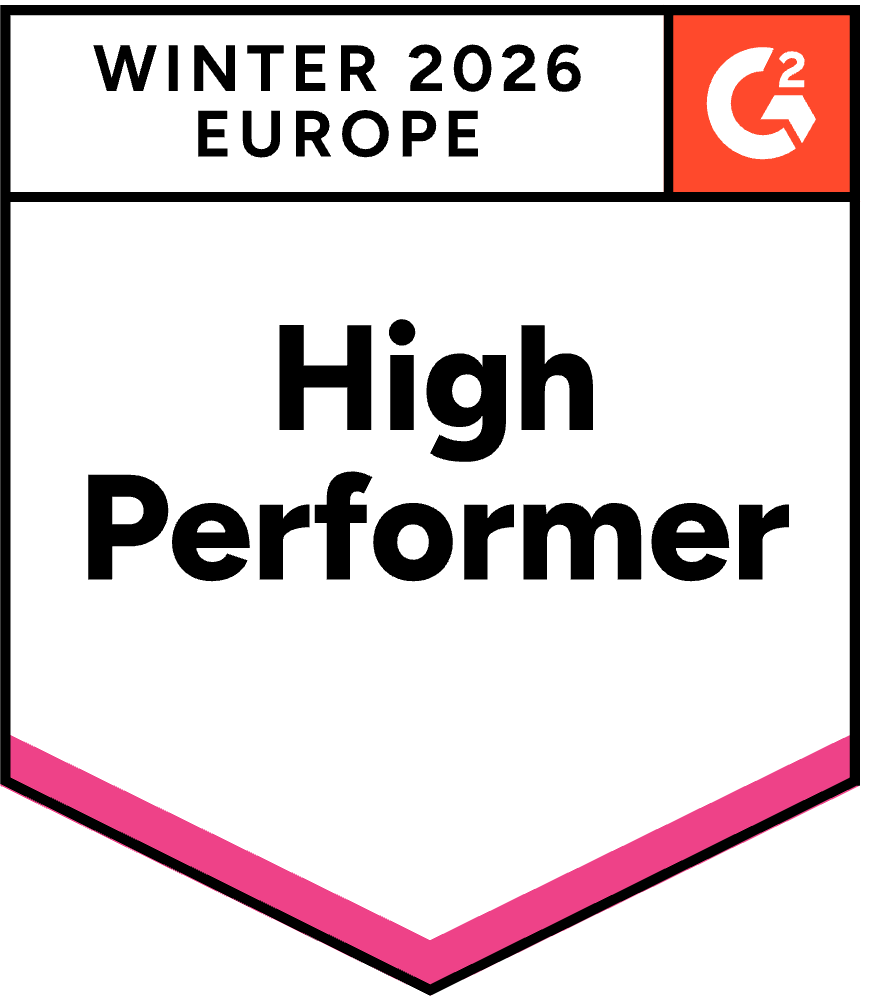



Discover more integrations
No items found.
Get in touch CTA Section
Lorem ipsum dolor sit amet, consectetur adipiscing elit, sed do eiusmod tempor incididunt ut labore et dolore magna aliqua.
Frequently asked questions
How can data teams prioritize what to monitor in complex environments?
Not all data is created equal, so it's important to focus data quality monitoring efforts on the assets that drive business outcomes. That means identifying key dashboards, critical metrics, and high-impact models, then using tools like pipeline health dashboards and SLA monitoring to keep them reliable and fresh.
Why is this integration important for data pipeline monitoring?
Bringing Sifflet’s observability tools into Apache Airflow allows for proactive data pipeline monitoring. You get real-time metrics, anomaly detection, and data freshness checks that help you catch issues early and keep your pipelines healthy.
Can better design really improve data reliability and efficiency?
Absolutely. A well-designed observability platform not only looks good but also enhances user efficiency and reduces errors. By streamlining workflows for tasks like root cause analysis and data drift detection, Sifflet helps teams maintain high data reliability while saving time and reducing cognitive load.
How can I prevent schema changes from breaking my data pipelines?
You can prevent schema-related breakages by using data observability tools that offer real-time schema drift detection and alerting. These tools help you catch changes early, validate against data contracts, and maintain SLA compliance across your data pipelines.
How can business teams benefit from using Sifflet Insights?
Business teams can access data quality insights directly within their BI dashboards, reducing their reliance on data engineers. This democratizes data observability and empowers teams to make confident, data-driven decisions with full transparency into data lineage and reliability.
What’s a real-world example of Dailymotion using real-time metrics to drive business value?
One standout example is their ad inventory forecasting tool. By embedding real-time metrics into internal tools, sales teams can plan campaigns more precisely and avoid last-minute scrambles. It’s a great case of using data to improve both accuracy and efficiency.
How does Sifflet make setting up data quality monitoring easier?
Great question! With the launch of Data-Quality-as-Code v2, Sifflet has made it much easier to create and manage monitors at scale. Whether you prefer working programmatically or through the UI, our platform now offers smoother workflows and standardized threshold settings for more intuitive data quality monitoring.
How has AI changed the way companies think about data quality monitoring?
AI has definitely raised the stakes. As Salma shared on the Joe Reis Show, executives are being asked to 'do AI,' but many still struggle with broken pipelines. That’s why data quality monitoring and robust data observability are now seen as prerequisites for scaling AI initiatives effectively.















-p-500.png)
